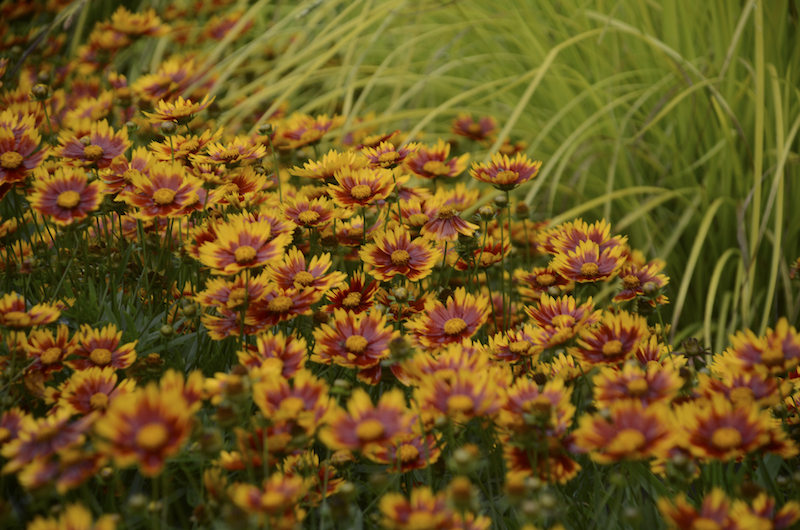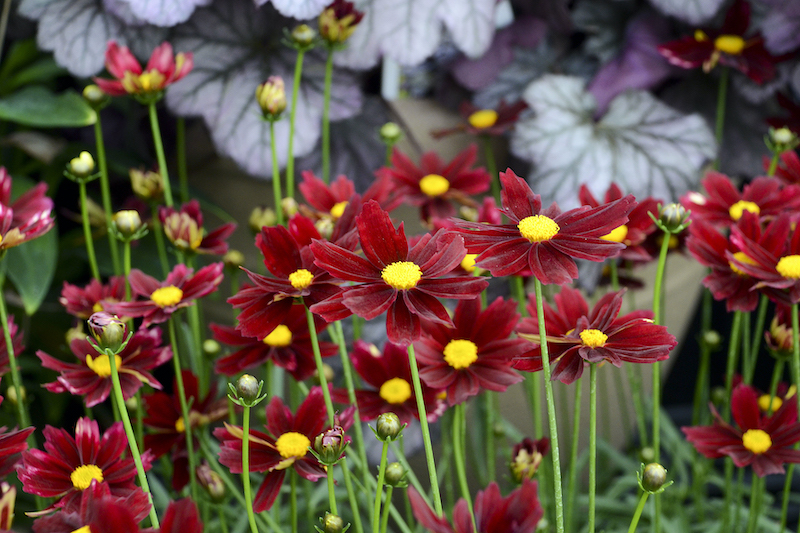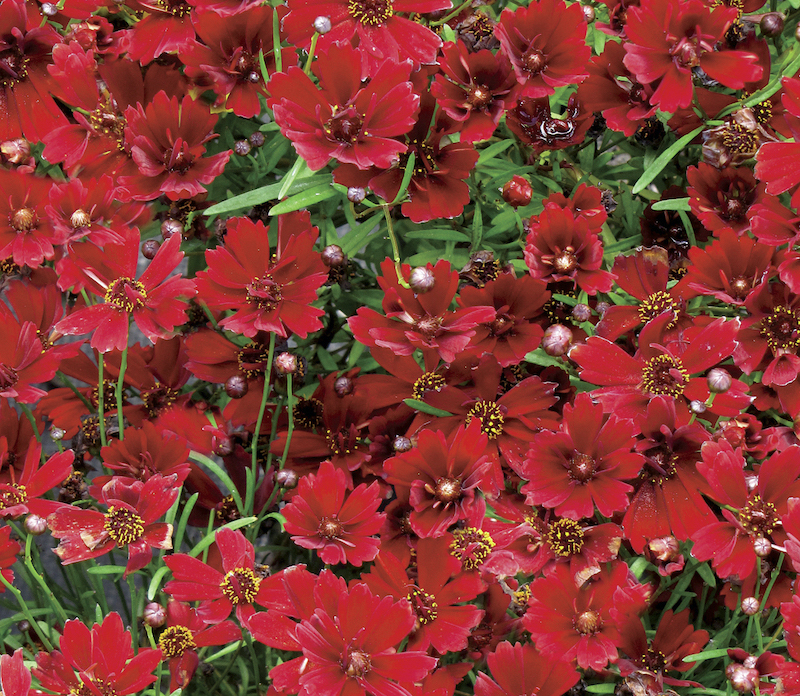Deer are always on the hunt for tasty plants to sample. However, they can be choosy about their menu and generally prefer tender, broad leaves when they’re hungry. Tickseed plants, or Coreopsis spp., do not fit this profile and are typically ignored by deer. The benefit of this is that you can use tickseed plants to hide smaller plants that are vulnerable to deer. Doing this will help keep them safe.

According to Rutgers University, the threadleaf tickseed is Rarely Damaged on their rating scale from Rarely Damaged to Frequently Severely Damaged.
On the other hand, the lance tickseed is Seldom Severely Damaged. What this means is deer are not likely to be a problem for tickseed. If you live in an area with a high deer population, tickseed may be a good choice to include in your garden.
Keeping Deer Away From Tickseed
As mentioned above, deer typically ignore tickseeds. However, a starving deer will eat just about any plant if food is scarce. If you would like to protect your tickseed, consider installing plastic netting around the plant. It’s important to note that deer can jump very high, up to 8 feet above the ground. If you opt for fencing, make sure to find options that are high enough to keep deer from hopping over.
Deer repellents are an easy way to protect plants from damage. You can purchase a commercial product or make your own concoction with ingredients such as hot pepper, eggs and garlic. The spray is safe to apply directly onto the stems and foliage.

Will Tickseed Come Back After Deer Eat Them?
Your tickseed is likely safe from deer, but if deer do happen to graze your plant, you’re probably wondering if your plant will survive. The answer is yes. Tickseeds are tough and a few nibbles won’t kill the plant. Your plant will grow back normally.
To help it recover, focus on keeping the soil around the plant moist and apply a 10-10-10 granular fertilizer. This type of fertilizer will give your plant all of the nutrients it needs to regrow the foliage it lost. Lastly, trim any damaged stems on your tickseed.

Sources: Rutgers New Jersey Agricultural Experiment Station ‘Landscape Plants Rated by Deer Resistance’ 2018
 |
Author Chris Link - Published 07-26-2022 |


